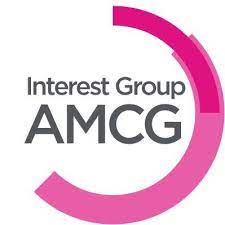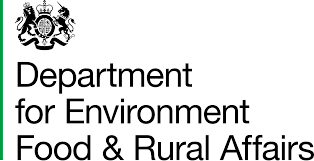A circular economy offers solutions for global sustainability challenges by transitioning from the linear take-make-use-dispose economy to better managing resources. It will influence most industry sectors, but chemistry and chemists will be essential to make the most of the opportunities.
This event will discuss best practices, benefits, and barriers to implementing a circular economy, covering a wide range of industry sectors and materials: platform chemicals, CO2 as a raw material, plastics, energy, and opportunities in the construction sector.
Presentation titles include:
Attendance fees: early bird
Non-member early bird = £120
Member early bird = £90
Non-member student early bird = £80
Student = £40
Attendance fees:
Non-member = £150
Member = £110
Non-member student = £100
Student = £50
This event will discuss best practices, benefits, and barriers to implementing a circular economy, covering a wide range of industry sectors and materials: platform chemicals, CO2 as a raw material, plastics, energy, and opportunities in the construction sector.
Presentation titles include:
- CHNOPS’: from the origin of life to the origin of waste
- Circular economy in construction – what’s that got to do with chemistry?
- Circular economy of Rare Earth Magnets
- Deconstruction of fossil fuels and plastics waste into hydrogen and carbon
- Catalytic Upgrading of Polymers – is Chemical Recycling the Answer?
- Electrocatalytic reduction of carbon dioxide for a circular chemical economy
- The use of industrial by-products (PFA and GGBS) in concrete
- What is Sustainable Chemistry?
- UNEP Framework Manual on Green and sustainable chemistry
Attendance fees: early bird
Non-member early bird = £120
Member early bird = £90
Non-member student early bird = £80
Student = £40
Attendance fees:
Non-member = £150
Member = £110
Non-member student = £100
Student = £50












